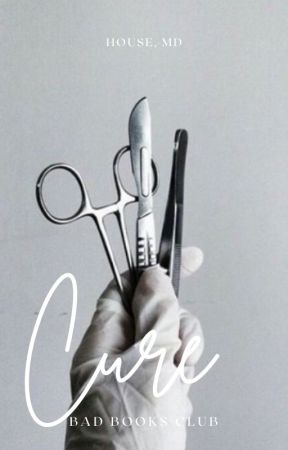Death doesn't always come with a dramatic moment. Sometimes, it's quiet, subtle. It sneaks in when no one's looking, taking everything in an instant and leaving only an empty shell behind.
That's what I can't stop thinking about. How quickly it all happened.
One second, we were there, guiding Dr. Nash through the procedure, our focus sharp, our movements precise. And then, it was over. Not with a scream or a gasp or a heroic effort to pull the patient back from the brink. Just silence. The monitors blaring, the pupils fixed and unresponsive.
Brain death. No coming back.
It wasn't the first time I'd seen it, but this time it hit differently. Maybe it was the way it happened so fast, like the line between life and death was thinner than I ever imagined. Or maybe it was knowing that, no matter how much knowledge, experience, or skill was in that room, none of us could stop it.
The patient wasn't dead in the traditional sense, not yet. The heart was still beating, the lungs still inflating with the help of machines. But they weren't there anymore. Their mind, their consciousness—everything that made them who they were—was gone.
I glance out the window of my office, watching the world outside carry on as if nothing's changed. As if someone's life didn't slip away upstairs. How many people died above me? While I was down here laughing with my coworkers or doing things with House that I shouldn't? The people walking down the street have no idea. They'll go home, eat dinner, and laugh with their families like the fragility of life isn't pressing down on all of us. Like we're not all one bad day away from disappearing.
I rub my temples, trying to shake the thought, but it clings to me. I can still hear the flatline, still see Dr. Nash's face, pale and horrified. I remember the way House stood there, calm, unaffected, as if this was just another case to file away and forget.
I wish I could forget it. I wish I didn't feel like my chest was going to cave in under the weight of it all.
But I can't. Not when the reality of it is so stark, so final. Death doesn't care about how many years of training you've had, how hard you've worked, or how many people are in the room trying to stop it. It just... happens.
And it's not fair.
I grip the edge of my desk, the cold metal grounding me for a moment. I tell myself to breathe, to focus on something else, anything else. But my mind keeps circling back to the patient, to that split second when the spinal cord bent and everything unraveled.
I think about their family, about the doctors who will have to tell them that the machines keeping their loved one alive are the only thing keeping them alive. That there's no coming back.
And then, I think about House. The way he shrugged it off, like it was just another Tuesday. Like none of it mattered.
My hands curl into fists, and before I can stop myself, I grab my coat and head for the door.
As I pull the door open, ready to march down the hall and find House, I'm startled to find someone standing right in front of me. A woman I've never seen before, tall and imposing, with a stern expression that immediately sets me on edge.
She's impeccably dressed in a charcoal pantsuit, her hair pulled back into a sleek bun. A hospital lanyard hangs around her neck, and she's holding a clipboard that looks like it contains the weight of a thousand judgments.
"Dr. Moss?" she asks, her tone professional but clipped.
I blink, still processing her presence. "Yes?"

YOU ARE READING
Cure- House, MD
FanficDr. Evelyn Moss never expected her career to take her from sunny Orlando to Princeton-Plainsboro, working alongside the infamous Dr. Gregory House. Known for his impossible cases and even more impossible personality, House is everything Evelyn was w...
